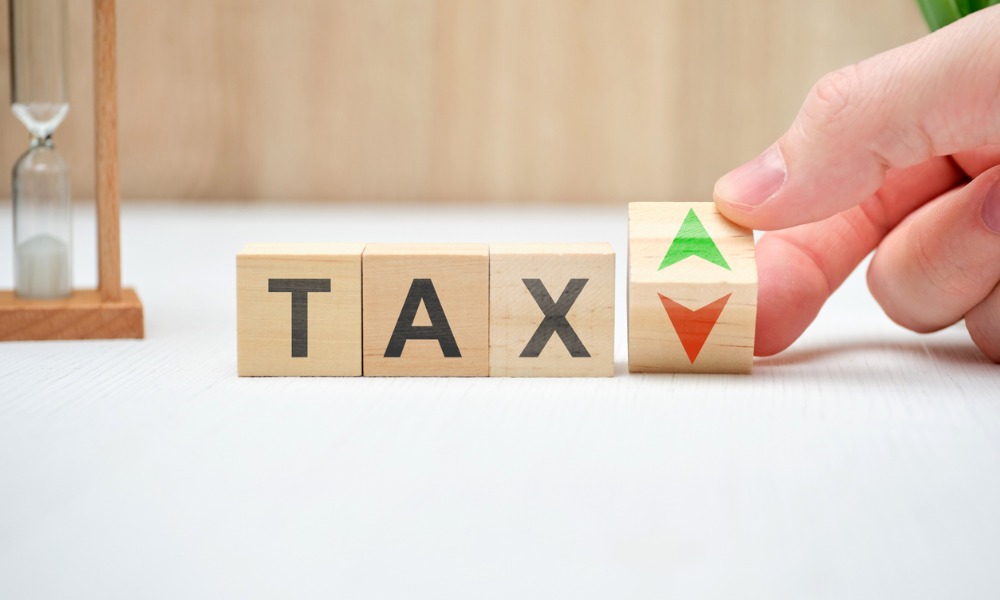Debate surrounding financial transaction tax in stock markets stirred up anew following wild volatility in January

More than a quarter century ago, James Tobin, an economist who won the Nobel Memorial Prize in Economic Sciences, proposed to “throw some sand in the wheels” of what he saw as “excessively efficient international money markets.” The problem with efficiency, as he saw it, was that it was too easy to execute short-term transactions in foreign currencies to make quick profits, ultimately at the expense of small countries that issue those currencies.
By the 1990s, the term “Tobin tax” had been applied to a wider range of financial transactions, with supporters saying it would help stabilize financial markets. Roughly thirty years later, the idea could gain political traction in the U.S. following the wild volatility in GameStop stocks that captured the attention of financial-market participants in January.
With Democrats in control of the White House and holding a slim congressional majority, left-leaning progressives may just have an opportunity to enact a financial transaction tax, or FTT, reported the Wall Street Journal.
Such a tax has long been championed by the likes of Vermont Senator Bernie Sanders, suggesting that it could simultaneously provide much-needed funding to government aid programs and curb high-frequency trading and excessive speculation. Critics, including lobby groups representing Wall Street, have argued that the policy is flawed and would harm investors.
While the idea of an FTT doesn’t have as much broad appeal as other proposals for redistributive taxation, such as raising the top individual tax rate or corporate tax rate, more centrist Democrats have voiced support for the idea of an FTT.
“There’s much broader support and interest in the concept among members of Congress than there was a decade ago,” Antonio Weiss, a Treasury Department official in the Obama administration, told the Journal. Last year, he floated the idea of a 0.1% tax on stock, bond, and derivative trades that would be introduced gradually over several years, which he estimated could raise US$60 billion annually.
In the wake of the high-profile GameStop saga in January, politicians and pundits have cast critical eyes on high-speed trading, with questions over whether the stock market is tilted against retail investors. That was the opening some progressives needed to promote an FTT.
“One way to ensure that this enormous wealth generated on Wall Street actually reaches the real economy...is to enact and look at proposals like a financial transaction tax,” said Rep. Rashida Tlaib, Democrat from Michigan, at a hearing convened by the House Financial Services Committee last month specifically to address the GameStop affair.
Some legislators are pushing different variants of an FTT, though there’s no clear indication of how much support the Biden White House would lend to a proposal to implement it at the federal level. Meanwhile, Wall Street and its allies in Congress have argued that a transaction tax would undermine the competitiveness of U.S. capital markets and just move trading activity to overseas exchanges, while at the same time maintaining that revenue projections from FTT proponents are overly rosy.
“Wherever this has been tried in the past, it has ended up having negative consequences with respect to market liquidity, and it has never raised anywhere near the amount of revenue that was advertised,” said Kenneth E. Bentsen Jr., president of the Securities Industry and Financial Markets Association, in an interview with the Journal.
Another point against an FTT comes from an analysis conducted by Vanguard in June, which looked at how various types of transaction taxes could impact an investor who puts away US$10,000 a year over four decades. Considering a portfolio with a mix of stocks and bonds, the analysis estimated that a 0.1% tax on purchases would ultimately cost an investor US$25,705, which based on Vanguard’s assumptions would swell to US$1.2 million at the end of the hypothetical 40-year period.



